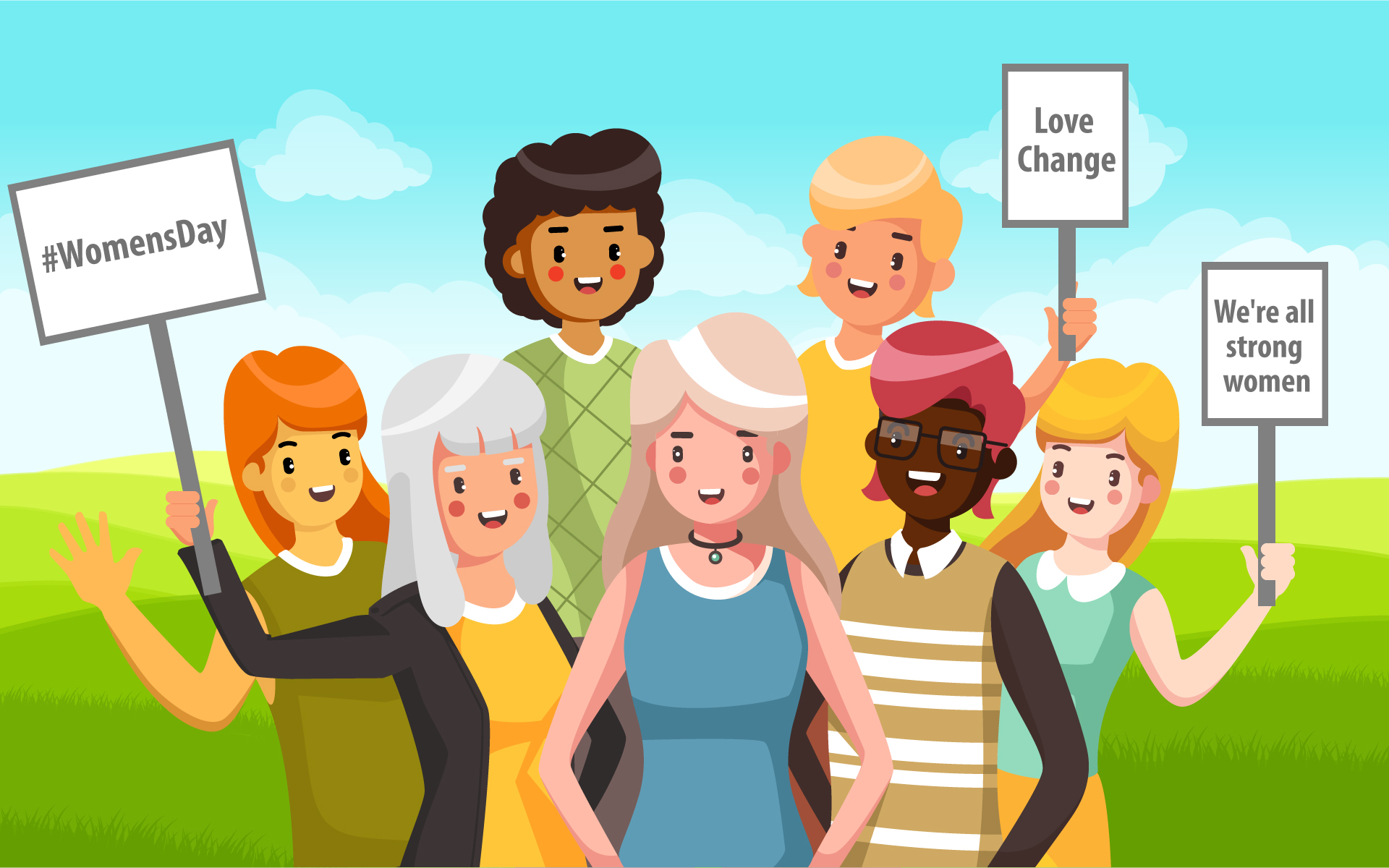She was flawed in many ways, but powerful in many more. She lived with her hurt, and in so doing, helped to heal the hurt of others
I’m not in the business of pitting women against each other, but it’s difficult not to when you’ve been raised by my mother. Women’s Month leaves a sour taste in my throat, because pink pedicures and flower crowns don’t cut it for me. It probably shouldn’t for you either, but that’s your choice.
My mother was raised in a strange way. Deemed a “mistake” by her parents, and constantly reminded of it, she grew up scared to take up her own space. And then, as life unfolded for her across the ballet stage, she learnt to take up space. And she learnt how to create space for others.
She wasn’t your typical suburban mother – a fact I spent a large part of my childhood decrying. Rather than being the Bake Sale Betty, my mother would be on the steps of people’s homes, trying to help them heal from the pain of living under Apartheid.
She’d be the one leading a petition and writing letters to the editor, while working two jobs to keep us afloat as a family.
She was the one at the front of the protest. She was the one who would walk unafraid into painful places with people who needed help. She was the one asked to ‘subdue’ her activities in helping refugees, because it offended her fellow lily-white church friends.
It was my mother on the telephone, helping a woman who had just lost her husband in an incident of township violence. It was my mother who sat and “held space” with people who were not allowed space.
It was my mother who drove her car into a township under threat of forced removals, and made sure families like ours were safe. It was my mother who cried with so many, and it was my mother who wiped their tears before her own.
It was my mother driving with me in the car one day, as she told me to “wave nicely at the policeman” while we were followed to and from our daily duties. It was my mother who did not cry when our house was searched while we were out. It was my mother who told me not to cry when I discovered they’d been through my 8-year old kid treasures.
I have clear memories of these incidents, and many more. She once wrote a book on the craziness of our life, and the uncertainty of our days. Sometimes, I open it and wonder if I’ve never known was ‘normal’ is. Most days, I am certain I do not care for ‘normal’.
There were moments in my childhood where I’d wished for her to be the typical mother. But as adulthood and my own parenting journey unfolded, I would regularly whoop with gratitude that she wasn’t.
While she did all of these things, raised three children and beat back the wolves of life and money, she was also flawed. She taught me that revealing your flaws won’t hurt you, so long as you tell the right people. She told me, just before she died, that I would have to fall in love a lot more often than I’d like, but that I’d learn every time I did.
She hurt. She hurt in ways she could not express, and into an array of what I now know as manageable, treatable medical conditions. But we didn’t know that then, and trying to figure out why your mom’s not always available after 7pm is a strange concept for a 6-year old kid.
I remember only one instance of her being ill, when I was little. Of course, the cancer that would claim her in the end was the big one. But, when I was little and bright, turning 11 with delight, she missed my birthday party, leaving my dad to manage a group of giggling girls, supervising movies and a sleepover.
I never knew what she was ill with, and the next morning, she was in her usual spot in the kitchen. It was like she’d never been sick at all.
She would remain part-mystery, part-magic to me for the rest of her life. And, while the disease that claimed my dad would eventually claim her, she didn’t stop fighting.
It was the week before she died, when she curled her arm around my daughter’s head as they read a book. And yet, in between the telling of the Three Little Pigs, she continued to tell me she was going home. That she Was Not Done.
I like to think she gave the gatekeepers to the afterlife a fair swing of hell, telling them she Was Not Done. I doubt she submitted herself to the entry process without a fight.
She was flawed beyond her own means to express. She was powerful beyond her own abilities, sometimes surprising not just herself, but the world. She loved on her own terms, and gave it everything she could, under the most trying circumstances.
So when I see the world ‘celebrating’ women with pink tokens of appreciation and discount specials on spa treatments, I remember I am my mother’s daughter, and I put the pink pen down.

Leave a Reply